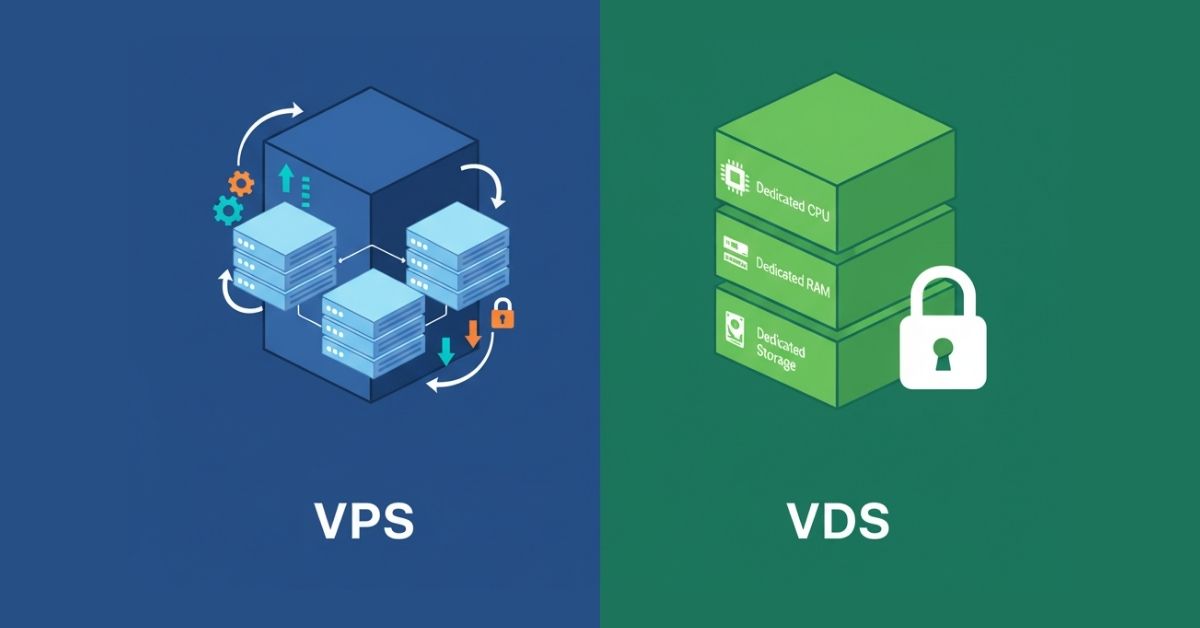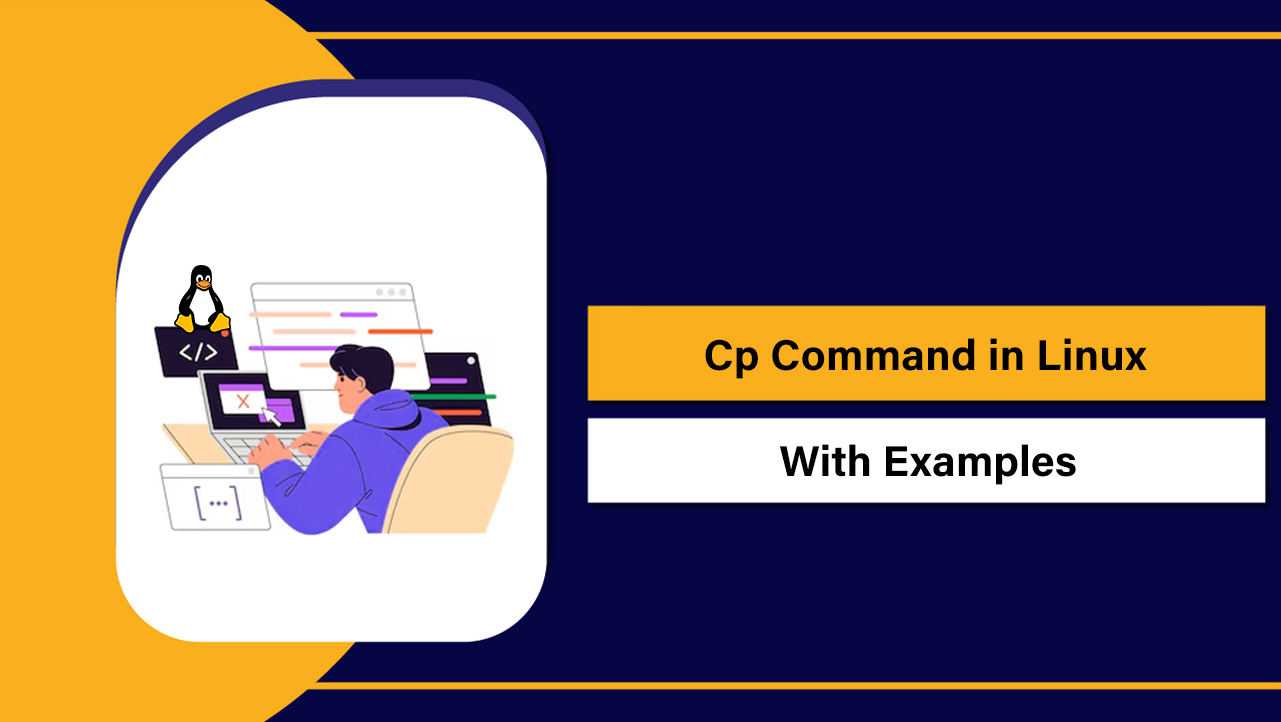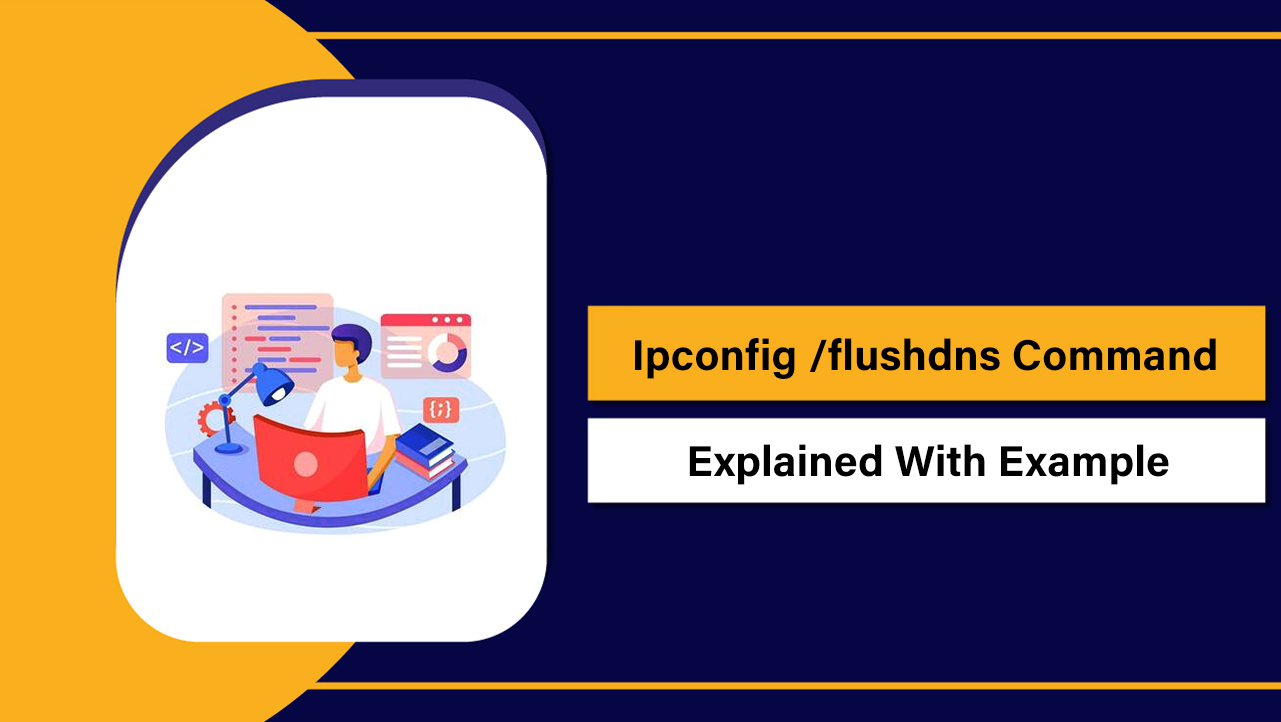irements, and security needs. VPS provides a cost-effective, virtualized environment with shared physical server resources, while VDS offers dedicated resources for higher performance and reliability. Selecting the right option can impact your website’s speed, uptime, scalability, and overall user experience, making it crucial to know which hosting solution aligns with your technical requirements and long-term goals.
In this article, we will explore the fundamental difference between VPS and VDS, examining how each works, their advantages, and the scenarios in which they are most effective. We will provide a detailed comparison of resource allocation, performance, cost, security, and scalability. Additionally, we will guide you on when to choose VPS versus VDS based on your website’s size, traffic, and application needs. By the end, you will have a clear understanding of which hosting solution fits your requirements and why.
What is VPS?
A VPS (Virtual Private Server) is a type of hosting where a physical server is divided into multiple virtual servers, each operating independently. Unlike shared hosting, VPS provides dedicated portions of server resources like CPU, RAM, and storage, ensuring better performance and stability. It’s a popular choice for websites that have outgrown shared hosting but don’t yet require a full dedicated server.
For example, imagine an apartment building: each apartment has its own utilities and space, but the building structure is shared. Similarly, VPS users share the physical server but have their own isolated environment.
VPS is cost-effective, scalable, and flexible. It allows users to install custom software, manage security settings, and handle moderate website traffic efficiently, making it ideal for small to medium-sized websites or applications.
What is VDS?
A VDS (Virtual Dedicated Server) is a hosting solution where a virtual server is allocated dedicated resources on a physical machine. Unlike VPS, which shares some resources, VDS guarantees full access to assigned CPU, RAM, and storage, offering higher performance and reliability. This makes it suitable for websites or applications that require consistent speed and can’t tolerate slowdowns during peak traffic.
Think of it like owning a standalone house instead of an apartment: you get full control over your space and utilities without sharing with others. Similarly, VDS provides an isolated environment that ensures your server’s resources are entirely yours.
VDS is ideal for high-traffic websites, e-commerce platforms, or resource-intensive applications. While it comes at a higher cost than VPS, the improved performance, security, and flexibility make it a preferred choice for businesses with demanding hosting needs.
Difference Between VPS and VDS

Choosing between VPS and VDS can be confusing, as both offer virtualized server environments. However, understanding their differences in performance, cost, and resource allocation helps make an informed hosting decision. Here’s a detailed comparison of the two:
| Factor | VPS (Virtual Private Server) | VDS (Virtual Dedicated Server) |
|---|---|---|
| Resource Allocation | Shared physical server resources, limited allocation | Dedicated resources, full control over CPU, RAM, storage |
| Performance | Can slow down under high traffic | Consistent high performance even during peak load |
| Cost | More affordable, budget-friendly | Higher cost due to dedicated resources |
| Scalability | Easy to scale within shared limits | Scaling requires more setup and planning |
| Security | Isolated environment but shares hardware | Fully isolated, more secure |
| Customization | Limited root access and software options | Full root access, install any software |
| Uptime | Depends on other VPS on same server | Highly reliable uptime, less affected by others |
| Traffic Handling | Suitable for small to medium websites | Best for high-traffic websites and applications |
| Technical Knowledge | Easier to manage for beginners | Requires more server management skills |
| Use Cases | Blogs, small business sites, testing environments | E-commerce, large websites, applications requiring heavy resources |
When to Choose VPS vs VDS
Deciding between VPS and VDS depends largely on your website’s size, traffic, and performance requirements. VPS is ideal for small to medium websites, personal blogs, or startups that need a reliable hosting solution without spending too much. It provides enough resources to handle moderate traffic, allows for customization, and ensures reasonable security—all at a cost-effective price.
On the other hand, VDS is better suited for large websites, e-commerce platforms, or resource-intensive applications that require consistent performance and dedicated server resources. With VDS, you get full control over CPU, RAM, and storage, which ensures stability even during traffic spikes or heavy processing tasks.
If your website is growing and you anticipate higher traffic, a VPS can be a good starting point, and you can later upgrade to VDS for better performance and security. Understanding your current needs and future growth helps in making the right choice between VPS and VDS.
Conclusion
Understanding the difference between VPS and VDS is essential for choosing the right hosting solution for your website or application. VPS offers a cost-effective, scalable option with shared resources, making it suitable for small to medium websites, blogs, and startups. VDS, on the other hand, provides dedicated resources, higher performance, and enhanced security, which is ideal for large websites, e-commerce platforms, or resource-intensive applications.
By analyzing factors like performance, cost, security, scalability, and technical requirements, you can make an informed decision that aligns with your website’s current needs and future growth. Choosing the right hosting solution ensures better uptime, faster loading speeds, and a smoother user experience, helping your website achieve its goals efficiently.



